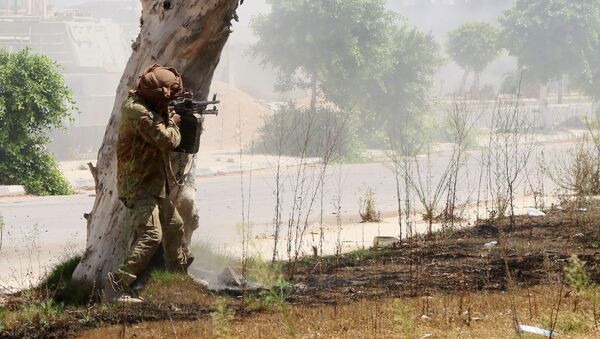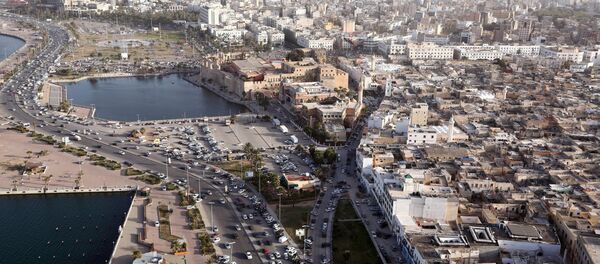"We will look into potential Libyan requests and their compliance with UN plans. We will see if we are asked to help with preparing regular forces, for example. Gradually transforming an archipelago of different militias into a regular armed presence is a crucial and difficult task. Starting with the presidential guard, it is then possible to move onto regular forces, including the police and military units of the Libyan government," Gentiloni said in an interview published by the Il Messaggero newspaper.
Italy's main concern is to stabilize the situation in the North African country in order to stem the influx of migrants heading for Italy, as well as countering the terrorist threat, he added.
The minister outlined the three points of Italy's policy on Libya, which include supporting the Government of National Accord (GNA), helping the country's rival fractions reach consensus and maintaining the unified international stance on the settlement of the Libyan conflict.
Libya has been in a state of turmoil since 2011, when longtime leader Muammar Gaddafi was overthrown after several months of civil war. The country was later contested by two rival governments, the internationally-recognized Council of Deputies and the Tripoli-based General National Congress.
On March 31, the long-anticipated UN-backed Government of National Accord in Libya started to perform its duties. The government has so far failed to unite the country. Islamic State (ISIL or Daesh), which is a militant jihadist organization outlawed in many countries, including Russia, also maintains significant presence in the country, especially in and round Gaddafi's hometown of Sirte.




